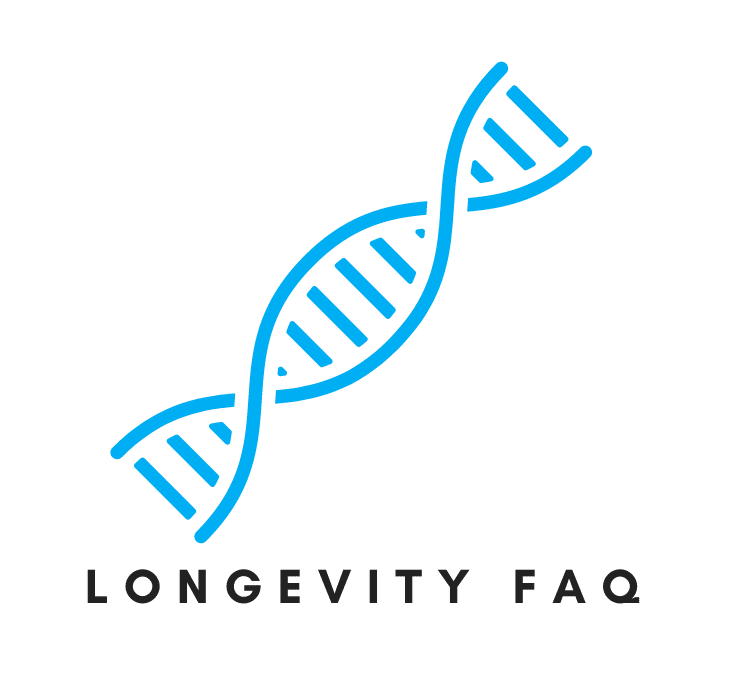
Hormesis is a term derived from the Greek word “hormáein,” which means “to set in motion” or “to excite.” It is a concept in biology where a low dose of a toxic or stressful substance can benefit an organism. German pharmacologist Hugo Schulz first conducted pioneering research work in this field in the late 19th century; However, the term hormesis was not defined until the early 1900s by Chester Southam and John Ehrlich.
A good adage is “What does not kill you makes you stronger” or, in the case of hormesis, makes you live longer.
Concerning aging, hormesis plays a key role. Exposure to mild stressors triggers cellular defense mechanisms, promoting resilience and longevity. This process helps the body adapt and strengthen in response to stress, ultimately slowing aging.
In the video I found below, Dr David Sinclair discusses how Hormesis and its benefits for longevity by activating the Longevity Pathway.
Biohackers can stimulate hormesis through various protocols, including:
- Intermittent fasting
- Regular exercise
- Cold exposure
- Heat exposure (e.g., sauna)
- Caloric restriction
- Consuming antioxidant-rich foods
Several books discuss hormesis and its role in aging and longevity, such as:
- “The Hormesis Effect” by Dr. Frank Shallenberger: This book delves into the science of hormesis and its potential to improve health, boost energy, and increase longevity.
- “The Longevity Paradox” by Dr. Steven Gundry: In this book, Dr. Gundry explores how hormesis and other factors can influence the aging process, providing practical tips for a longer, healthier life.
- “Lifespan: Why We Age – and Why We Don’t Have To” by Dr. David Sinclair: This book examines the science of aging, including the concept of hormesis, and provides strategies for increasing healthspan and lifespan.
- “The Stress-Proof Brain” by Dr. Melanie Greenberg: In this book, Dr. Greenberg discusses how to harness the power of hormesis to build resilience, improve mental health, and promote overall well-being.
